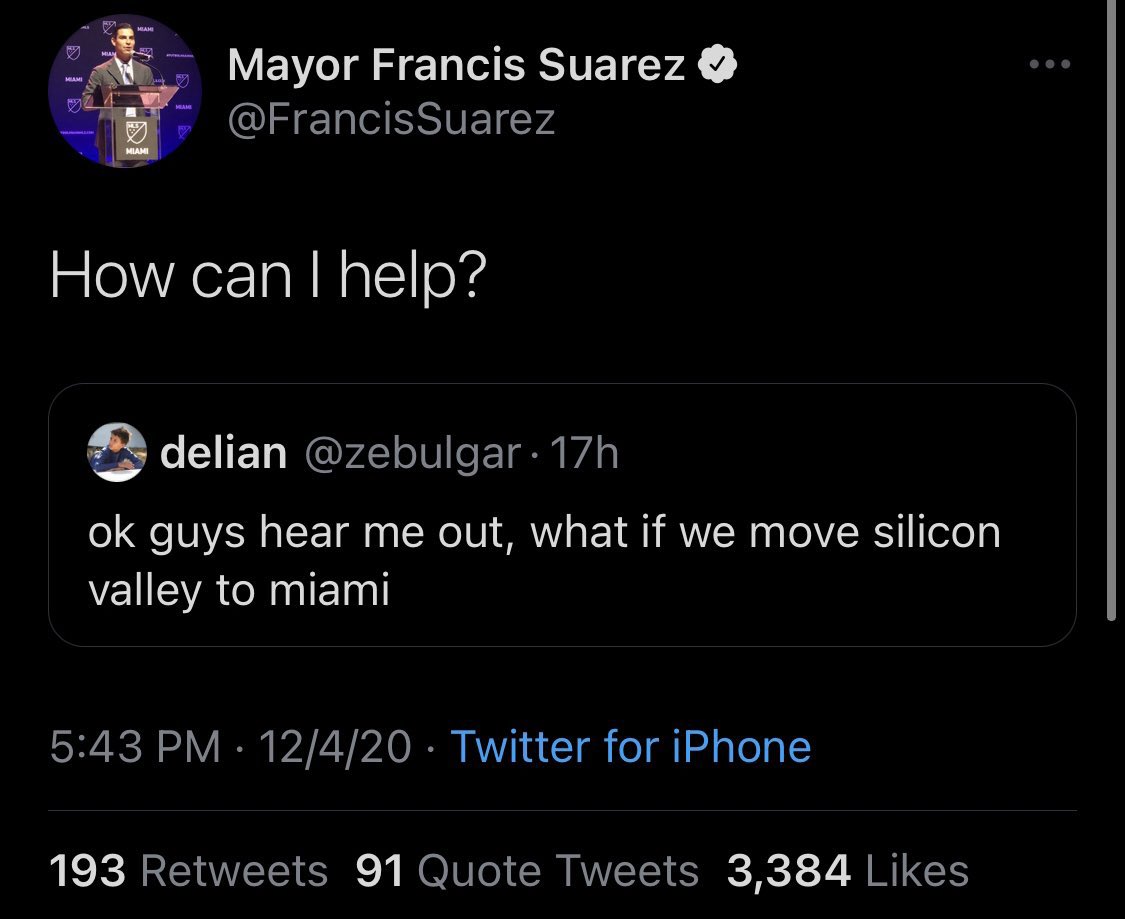
BTC > NYT
Ledger of record > paper of record
Argument from cryptography > argument from authority
Oracles already provide more reliable price feeds than Bloomberg or Reuters.
Extend that. And replace declarations by media corporations with decentralized cryptographic truth.
Ledger of record > paper of record
Argument from cryptography > argument from authority
Oracles already provide more reliable price feeds than Bloomberg or Reuters.
Extend that. And replace declarations by media corporations with decentralized cryptographic truth.
https://twitter.com/noahpinion/status/1342702116100399111
An early use of decentralized cryptographic truth to knock down a declaration by a media corporation occurred in 2014, when the absence of a digital signature killed Newsweek’s cover story.
Oracles systematize this. They’re like an on-chain Reuters. genius.com/2900395
Oracles systematize this. They’re like an on-chain Reuters. genius.com/2900395

Decentralized cryptographic fact checking is also used by Wikileaks, as anyone can use DKIM to verify email authenticity. You trust the cryptography, not Wikileaks. blog.cryptographyengineering.com/2020/11/16/ok-…
As more of human life moves online and is recorded in feeds (news feeds, price feeds, IoT data, etc) all those feeds eventually go on-chain, with some encrypted.
Today you link to a tweet to prove they said that. Tomorrow you link to an on-chain event to prove they did that.
Today you link to a tweet to prove they said that. Tomorrow you link to an on-chain event to prove they did that.
https://twitter.com/balajis/status/1290326486382022656
Why not just use Twitter? Well, API access isn’t open. Prominent accounts have been hacked. And it has also taken a heavy hand with editing/hiding tweets.
To ensure you have uninterrupted free access to an undeletable, cryptographically verifiable record, you need a blockchain.
To ensure you have uninterrupted free access to an undeletable, cryptographically verifiable record, you need a blockchain.
• • •
Missing some Tweet in this thread? You can try to
force a refresh





